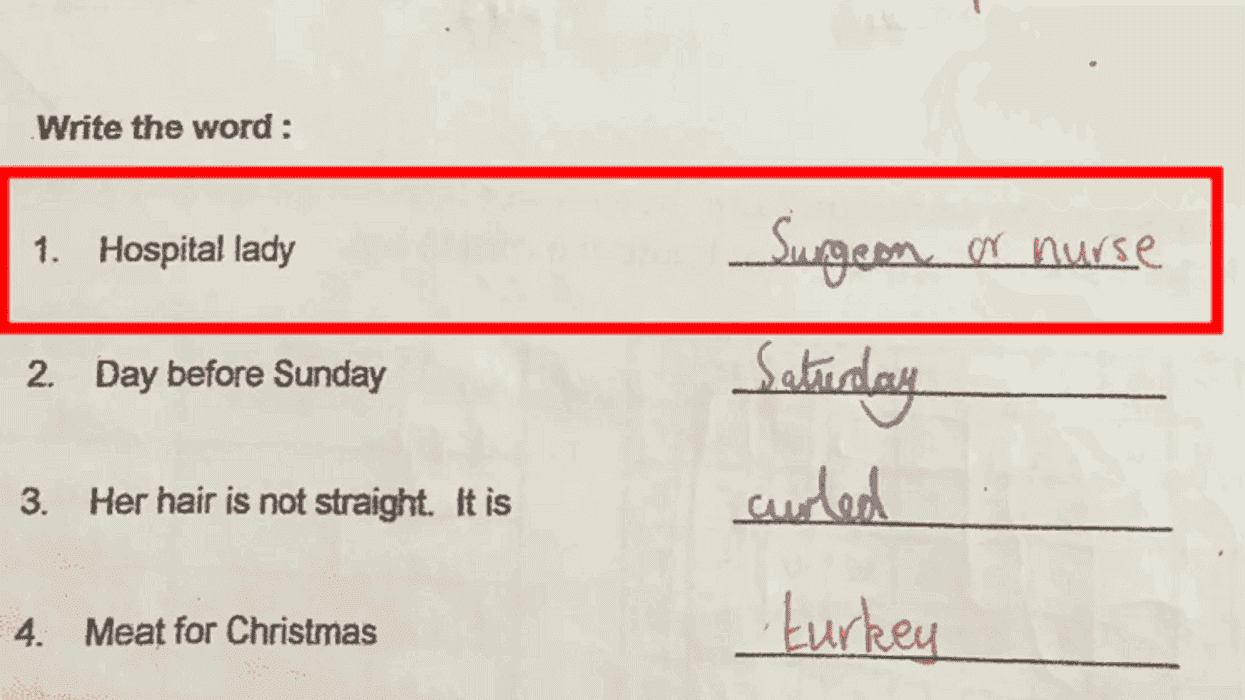Last year, important internet cables connecting Europe to Asia were mysteriously severed, resulting in days of outages for millions of internet users. It was a stark reminder that, no matter how instantaneously our information seems to travel, it is, in fact, moving through cables on the bottom of the ocean. And, while the internet might seem like the cutting edge of technology, it's interesting to note that information has been traveling this way since the first telegraph cables were laid across the Atlantic ocean in the 19th century. In our latest Transparency, we look at how information moves now, and how it moved 100 years ago.A collaboration between GOOD and Fogelson-LublinerSOURCES Atlantic-cable.com; The Da Vinci Institute; The Encyclopedia Americana; Instant Messaging by American College Students by Naomi S. Baron; Nielsen; School of Information Management, Berkeley; Understanding the Characteristics of Internet Short Video Sharing: YouTube as a Case Study by Xu Cheng, Cameron Dale, and Jiangchuan Liu; websiteoptimization.com
Search
Latest Stories
Start your day right!
Get latest updates and insights delivered to your inbox.
We have a small favor to ask of you
Facebook is critical to our success and we could use your help. It will only take a few clicks on your device. But it would mean the world to us.
Here’s the link . Once there, hit the Follow button. Hit the Follow button again and choose Favorites. That’s it!
The Latest
Most Popular
Sign Up for
The Daily GOOD!
Get our free newsletter delivered to your inbox
















 A woman scrolls through a dating appCanva
A woman scrolls through a dating appCanva
 A home pregnancy test Canva
A home pregnancy test Canva
 Openly choosing the one you like best can help break down stigmas.
Openly choosing the one you like best can help break down stigmas.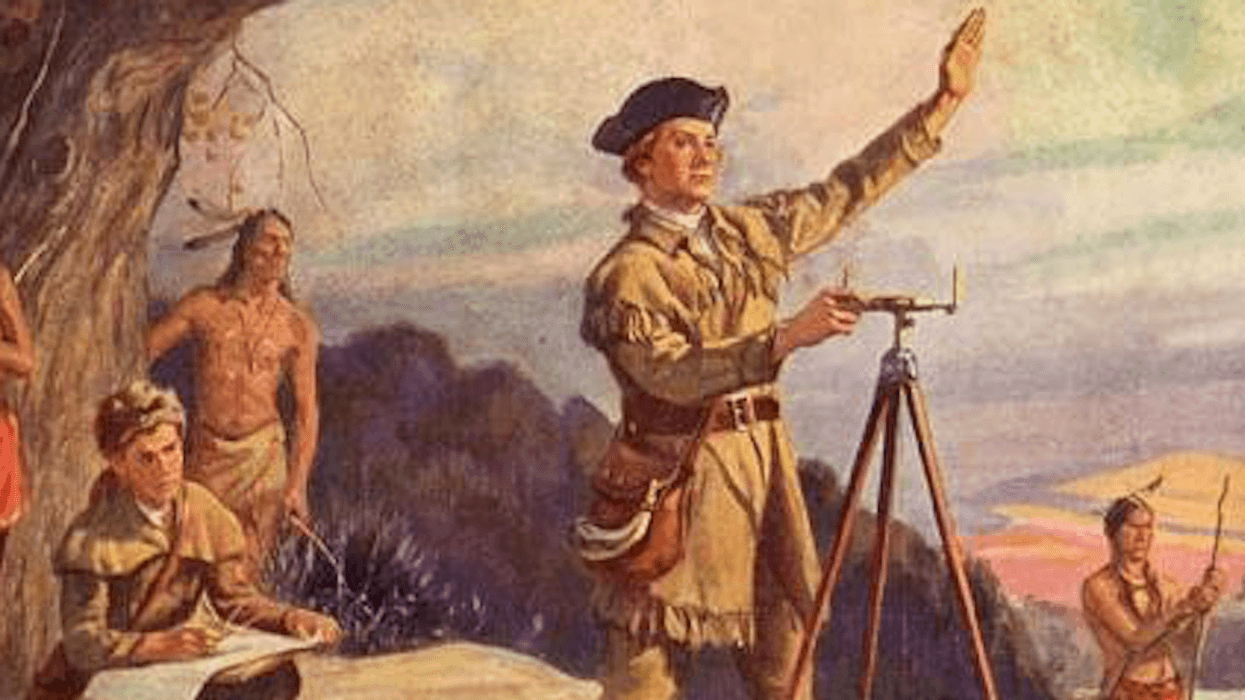
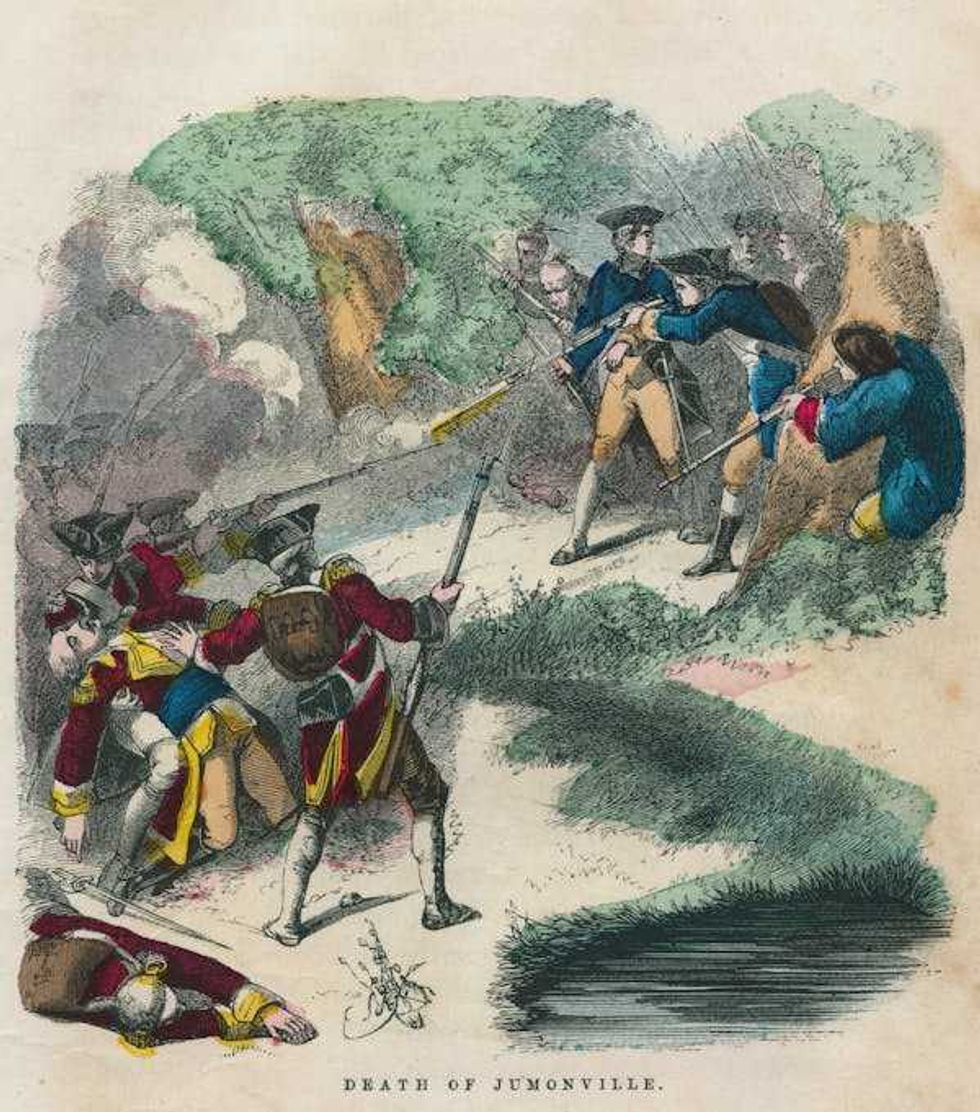 The Jumonville affair became the opening battle of the French and Indian War.
The Jumonville affair became the opening battle of the French and Indian War.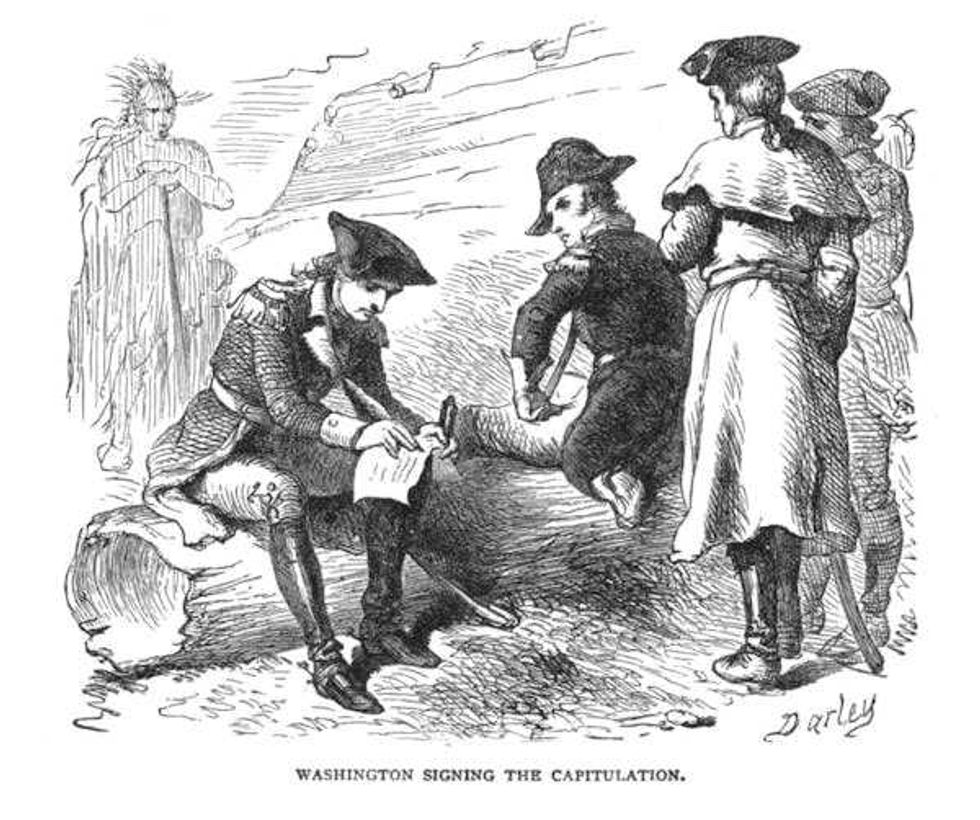 Washington was outnumbered and outmaneuvered at Fort Necessity.
Washington was outnumbered and outmaneuvered at Fort Necessity. A log cabin used to protect the perishable supplies still stands at Fort Necessity today.
A log cabin used to protect the perishable supplies still stands at Fort Necessity today.

 A young woman scrolling on her phoneCanva
A young woman scrolling on her phoneCanva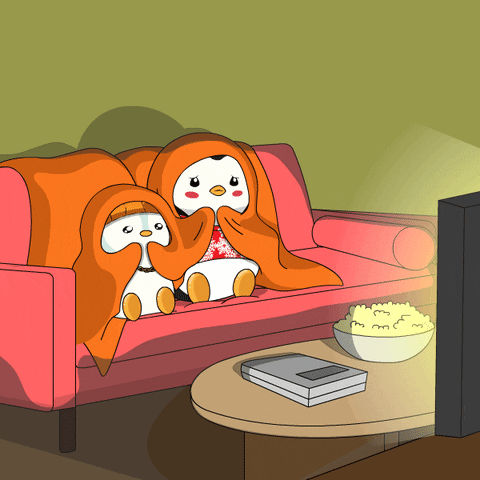 Gig of two cartoon penguins watching TV via
Gig of two cartoon penguins watching TV via  Gif of a storm trooper flipping through sings that say 'no' via
Gif of a storm trooper flipping through sings that say 'no' via 